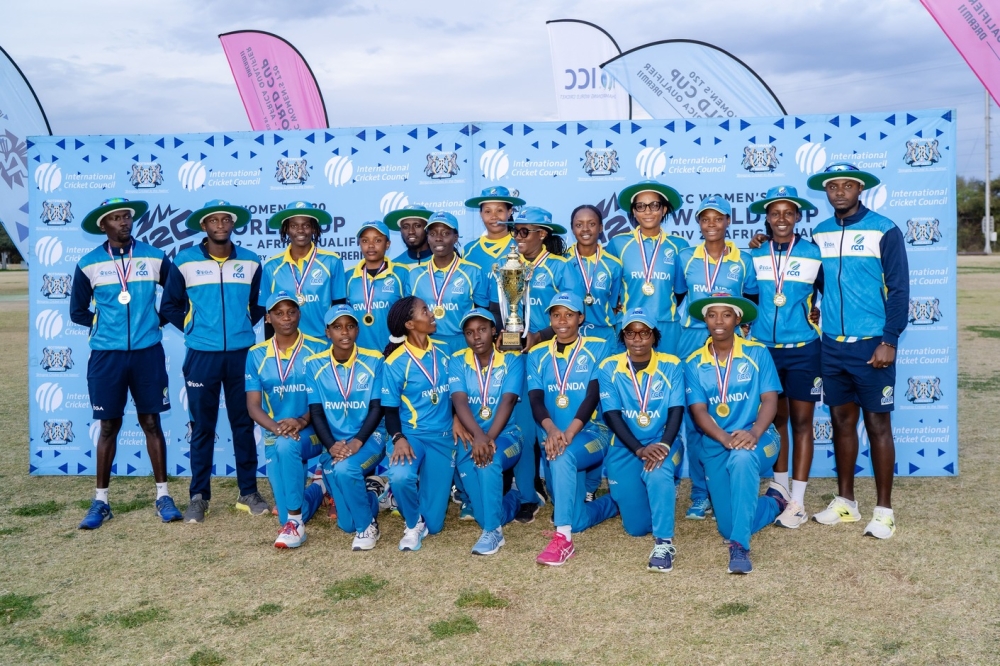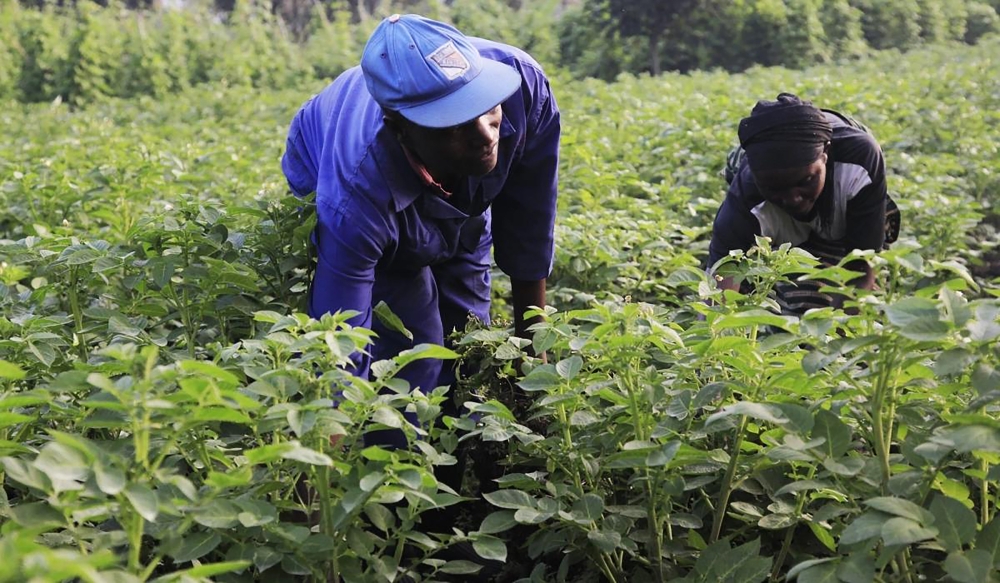The Sudanese government announced on Thursday it would halt all hostilities with South Sudan in response to a UN resolution, while reiterating its right to respond to any aggression targeting its lands.

The Sudanese government announced on Thursday it would halt all hostilities with South Sudan in response to a UN resolution, while reiterating its right to respond to any aggression targeting its lands."The Sudanese government will commit to what has been mentioned in the resolution regarding the cessation of hostilities with South Sudan,” said the Ministry of Foreign Affairs in a statement. However, the statement reiterated that Sudan has the right to respond to any aggression targeting its lands. "Under the repeated attacks and aggressions which have been launched by South Sudan’s army against the Sudanese territories until today, the Sudanese Armed Forces will find themselves forced to exercise the right of self-defence,” the statement said.The statement further noted that South Sudan is still continuing its aggression against the Sudanese territories in the areas of "Um Dafouq, Taloudy and Samaha” in addition to occupying disputed areas, in this case "Kafia Kanji and Kafia Debi,” not to mention its threat to attack Heglig once again. The statement expressed the Sudanese government’s hope that South Sudan would commit to a full cessation of hostilities and withdrawal of its forces from the disputed areas so that the Sudanese army would not be forced to exercise the right of self-defence.Also on Thursday, the Sudanese government extended a deadline for the return of South Sudanese to their country until May 20, after the International Organization for Migration said it could not move thousands of South Sudanese all out by the original deadline on May 5.According to the Sudan Media Centre, nearly 15,000 South Sudanese were stranded in Sudan’s White Nile State along the border of the countries. Citizenship issue with border demarcation and oil revenue division are core issues between the two sides since South Sudan’s independence from a united Sudan in July last year.A day earlier, the UN Security Council (UNSC) adopted unanimously a resolution demanding that Sudan and South Sudan shall "immediately cease all hostilities, including aerial bombardments,” and "unconditionally withdraw all of their armed forces” back into their own territory. The two countries were demanded to formally present their commitments to the chairman of the African Union Commission and the president of the Security Council within 48 hours of the adoption of the resolution.The African Union (AU), in a decision on April 24, asked the 15-nation Security Council to endorse its demands that Sudan and South Sudan halt hostilities in 48 hours, start talks within two weeks and complete a peace accord in three months. After the UNSC meeting, Chinese UN Ambassador Li Baodong said China has always maintained that African issues should be settled by Africa in African ways, and hopes for the international community to take an "objective, impartial and balanced” stand in handing the issue concerning Sudan and South Sudan.Similarly, Russia resisted a Western push for the UNSC to threaten Sudan and South Sudan with sanctions if the two countries fail to comply with demands to halt their escalating conflict. Tensions flared up between the two neighbours on April 10 when South Sudan took the Heglig oilfield on the border by force, which caused worldwide condemnation. The Sudanese army, however, on April 20 managed to take back Heglig, which includes Sudan’s biggest oil fields, after confrontations with South Sudan’s army.




